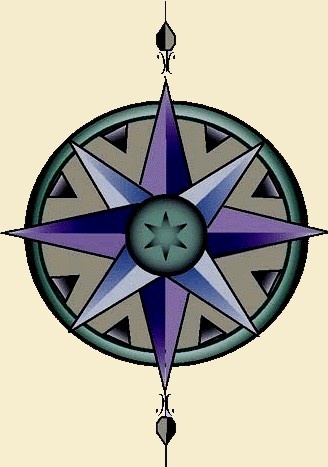I just got done watching “Wit.” It’s about a professor of metaphysical poetry who is diagnosed with stage IV ovarian cancer. There are many reasons why I would recommend it to those of you reading. There are many more idiosyncratic reasons why I enjoyed the film myself. But the best explanation comes from Dr. Bearing’s own teacher as she explains the significance of the poem. In modern literature, the last line contains a semicolon. It is argued that originally, the semicolon was a comma, presenting a different meaning. Just now, I can’t say anything more meaningful about it than to quote the movie and the poem here.
“Nothing but a breath--a comma--separates life from life everlasting. It is very simple really. With the original punctuation restored, death is no longer something to act out on a stage, with exclamation points. It's a comma, a pause.... Life, death. Soul, God. Past, present. Not insuperable barriers, not semicolons, just a comma."
Death be not proud, though some have called thee
Mighty and dreadfull, for, thou art not soe,
For, those, whom thou think'st, thou dost overthrow,
Die not, poore death, nor yet canst thou kill mee;
From rest and sleepe, which but thy pictures bee,
Much pleasure, then from thee, much more must flow,
And soonest our best men with thee doe goe,
Rest of their bones, and soules deliverie.
Thou'art slave to Fate, chance, kings, and desperate men,
And dost with poyson, warre, and sickness dwell,
And poppie,' or charmes can make us sleepe as well,
And better then they stroake; why swell'st thou then?
One short sleepe past, wee wake eternally,
And death shall be no more, Death thou shalt die.
-John Donne
Friday, February 02, 2007
Subscribe to:
Post Comments (Atom)

1 comment:
This is my favorite John Donne poem.
Since my dear Auntie Lola died from ovarian cancer, I understand what you are saying, even though I haven't seen this movie. Thank you writing this. Heaven feels close to me, reading your thoughts. (Notice the comma...)
Post a Comment